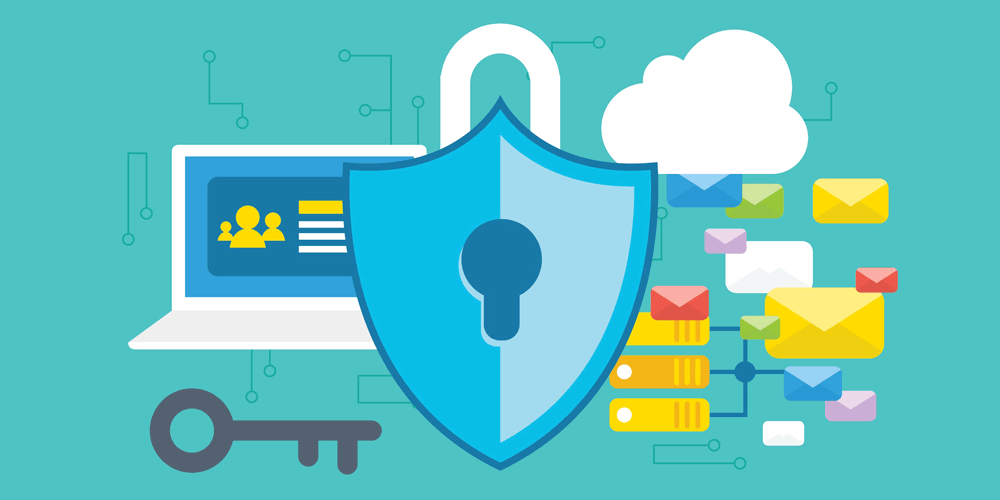As networking expands to more places due to enterprise data that continues to evolve, people generate more data than ever before.
We become more dependent on these digital data, as data transactions happen at every time throughout cables, empty space and "clouds".
With data transactions happening at every moment, changes in technology to secure data is inevitable as mobile computing becomes more scalable.
What makes it a concern is that most of the data we send, are vulnerable. And most of our data are sent without being encrypted.
Hackers can easily hack weak passwords. Lost mobile devices that can a goldmine for personal information to whoever finds them, GPS sensors can provide people's location within file metadata, cameras are becoming a must on mobile phones, putting everyone as journalist.
What's more, with social media networks becoming a common way to share on the web, people voluntarily broadcast their personal information.
With all that combined, others can know what we are doing 24 hours a day.
But one good thing is that cybersecurity in the age of mobile computing is a growing field. Whatever the software of hardware, there'a always a growing focus on keeping security intact and vulnerabilities close to zero. But keeping your data safe is still, obviously, your responsibility.
Related: Protecting Yourself From Internet Data Exploitation

Hardware, Software, And You
While no hardware and software is perfect, humans are also flawed.
The three main causes of security breaches which are related to either money or personnel, include unskilled users, not enough money or attempt to spend on cybersecurity measures, and people that are unaware of proper security measures.
For businesses, adjusting budget to spend on security, means to throw money at the problem. Usually, this will lead to some added improvements. However, the focus here, is to make sure that all personnel can keep their data secured, and to bring more skilled employees to help detect and handle threats to sensitive information.
Always opt to use the latest hardware and software whenever possible. Better hardware and updated software ensure better security because they patch previous flaws.
Because businesses compete in both the real world and the digital world, social media is becoming a norm for them. Never share anything personal that is related to your business. Keep sensitive information as far as possible from the web.
And because prevention is always better than cure, make sure that mobile devices have their lock screen protected with either password, PIN, or other methods. The harder to crack, the better.
Always Use Encryption And Strong Passwords
Encryption refers to the encoding of data into a form that's unreadable to anyone without the corresponding encryption key. Only with that encryption key, the data can be decrypted and be readable again.
Keeping encryption keys well protected is an essential part of stronger encryption measures. Not only that they need to be strong and effective, encryption keys should also be easy to access, easy to change and easy to use.
This is a main aspect security, and should also be throughout the cybersecurity industry, as sensitive data is in continual need of protection from hackers.
On mobile devices with sensitive data, businesses need to make sure that the data and the network are protected with encryption, and always use strong and unique passwords to protect everything.

The next thing to do, is to turn off sensors when not used. For example, GPS and location sharing feature.
Disable or don't use casual apps that are data-hungry and need continuous internet connection on mobile devices used for work, always install legitimate apps, and have antivirus and firewall installed.
While large companies need to secure their data, small businesses also need to make sure that their data is safe. It can certainly be overwhelming and somehow seems unnecessary for small businesses. But with people generating more data than ever before, they too need to make sure that their data can't be compromised.
It's also wise to not open any links and attachments sent via email. Always see them with a high degree of skepticism, as they may contain malware that will put security at risk. A malware can do various harms to mobile devices, and may access data. Malware can also use a mobile device's sensors to see and hear, and send that data to the hacker.
Again, prevention is better than cure. So play safe.